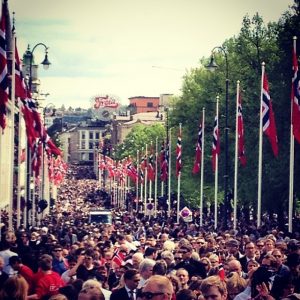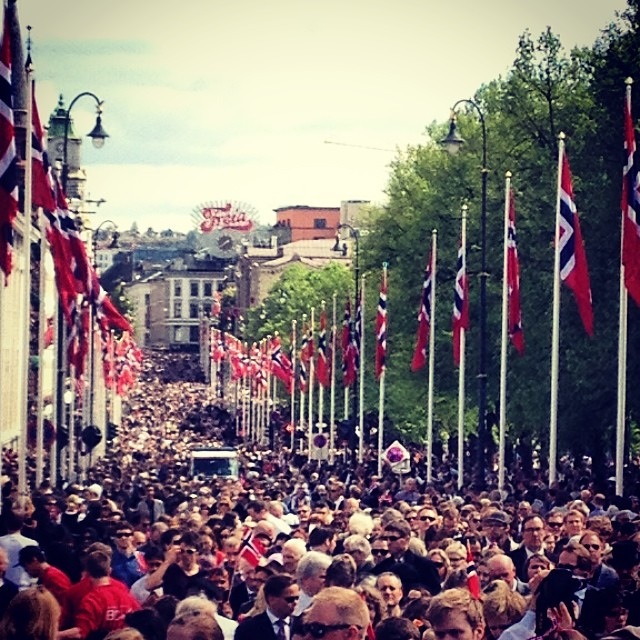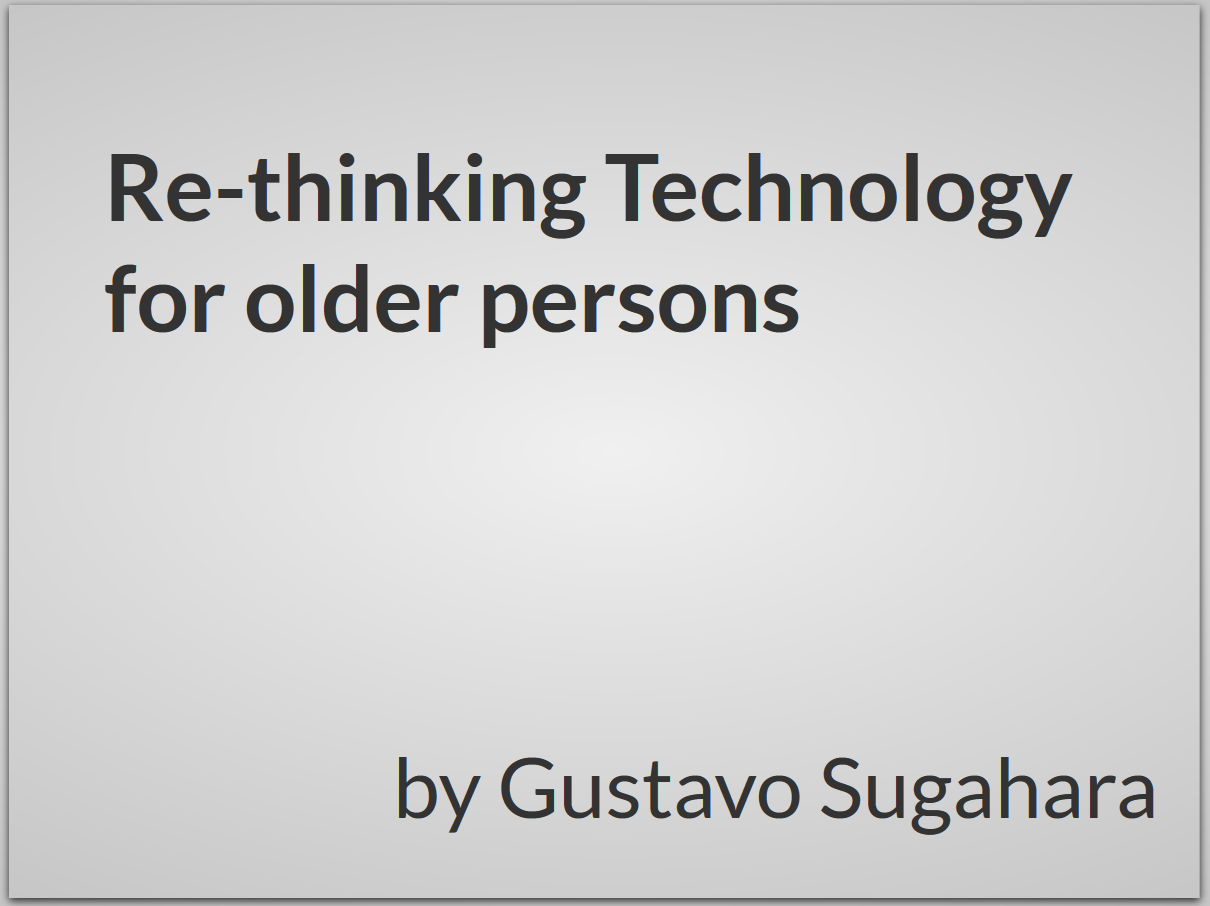
Demographic data such as age, gender, and income, is perhaps the single most important source of information for city planners. As ageing in urban settlement emerges as a global demographic trend, a better understanding of the importance and limitations of demographics should be placed at the top of researchers’ list of priorities.
City planners are demographic data-dependent. That is, they rely on the composition of the neighborhoods and regions to make their decisions. To illustrate the importance of basic population information as the core facet of any city’s decisions, we can simply remember that most of a city’s standards are expressed in terms of population: The number of students per classroom, the number of trash bins by resident, and so forth.


